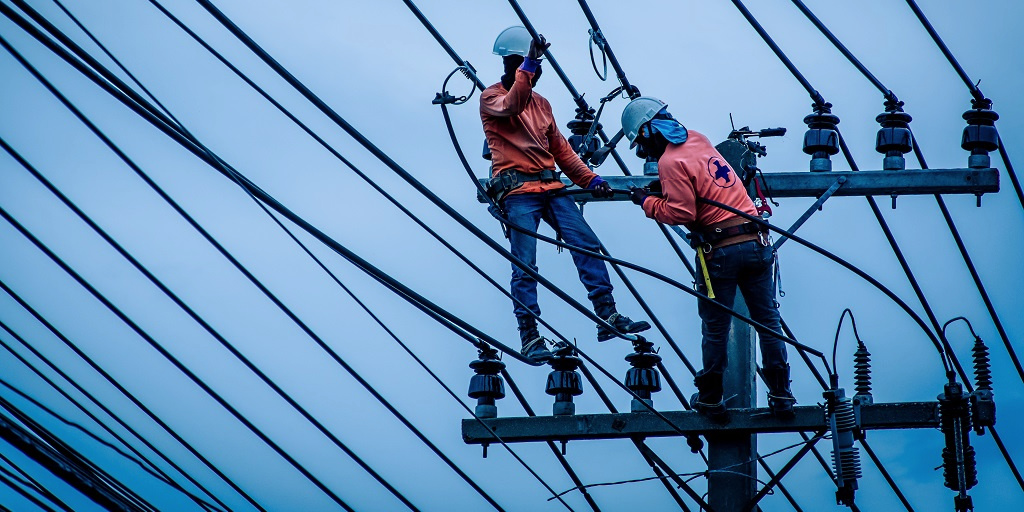The Biden-Harris administration has taken hundreds of immigration actions since entering office. But one of the administration’s most overlooked reforms is a process to protect immigrant workers while bolstering labor agencies’ ability to hold unscrupulous employers accountable for violations.
In January 2023, the administration announced a streamlined process—known colloquially as “DALE” (Deferred Action for Labor Enforcement)—for workers engaged in labor disputes to request protection against immigration enforcement from the Department of Homeland Security (DHS). In July 2024, DHS announced an expansion of the period of eligibility for protection from two to four years, recognizing that labor disputes are often not resolved within a two-year period.
The DALE process came after years of advocacy and organizing from immigrant worker rights advocates. Protecting immigrant workers from immigration enforcement allows them to speak up about labor abuses without fear of employer retaliation. In turn, this allows labor agencies to do their jobs more effectively and raises standards for all workers. Unscrupulous employers have long wielded the threat of immigration enforcement against workers to keep them from speaking out against workplace abuses, including wage theft, race and gender discrimination, unsafe and unhealthy conditions, and interference with union organizing efforts.
DHS has longstanding discretion to decline enforcement action against individuals and in the past, has entered into memoranda of understanding with labor agencies relating to “deconfliction” of their missions. DHS has also previously recognized the importance of exercising prosecutorial discretion to protect victims and witnesses in civil rights and labor cases. But DALE is the first time the agency has established a streamlined process for consideration of worker requests for prosecutorial discretion and represents DHS’ strongest articulation to date of its support for labor agencies’ ability to effectively fulfill their statutory mandates.
The process for seeking deferred action protection includes several steps. After experiencing or witnessing a labor violation, a worker or their representative must file a complaint with the appropriate agency. Workers can then request a statement of interest from the agency. Agencies that enforce labor and employment laws to whom complaints can be made and statements of interest requested include the U.S. Department of Labor, the National Labor Relations Board, and the Equal Employment Opportunity Commission, along with certain state and local government agencies.
Several agencies have issued guidance on the process for submitting a request for a statement of interest (linked at the chart at page 68 of this guide from the National Employment Law Center, Arriba Las Vegas Workers Center, Jobs With Justice, and the National Immigration Law Center (NILC)). Statements of interest usually cover a specified employer and/or worksite for a specified period, meaning that any worker who fits those parameters may seek deferred action, not just the worker who initiated a complaint.
With a statement of interest in hand, a worker can then apply to U.S. Citizenship and Immigration Services (USCIS) for deferred action and employment authorization. Like any request for discretion from DHS, individuals seeking deferred action should be screened for eligibility and risk based on prior immigration and/or criminal history, as outlined in this practice manual from the National Immigration Project of the National Lawyers Guild, the Tulane Immigrant Rights Clinic, Unemployed Workers United, and NILC. Individuals may also be eligible for further relief, such as parole in place or in certain cases, as well as more permanent forms of protection such as a T or U visa if they experienced labor trafficking or criminal activity related to their work.
Worker testimonies confirm the life-changing nature of deferred action protection. While this protection is temporary, it represents a critical step in empowering workers to speak up against abuse and allowing labor agencies to carry out their missions of protecting all workers, immigrant and citizen alike.
FILED UNDER: Department of Homeland Security, Immigrant Workers


